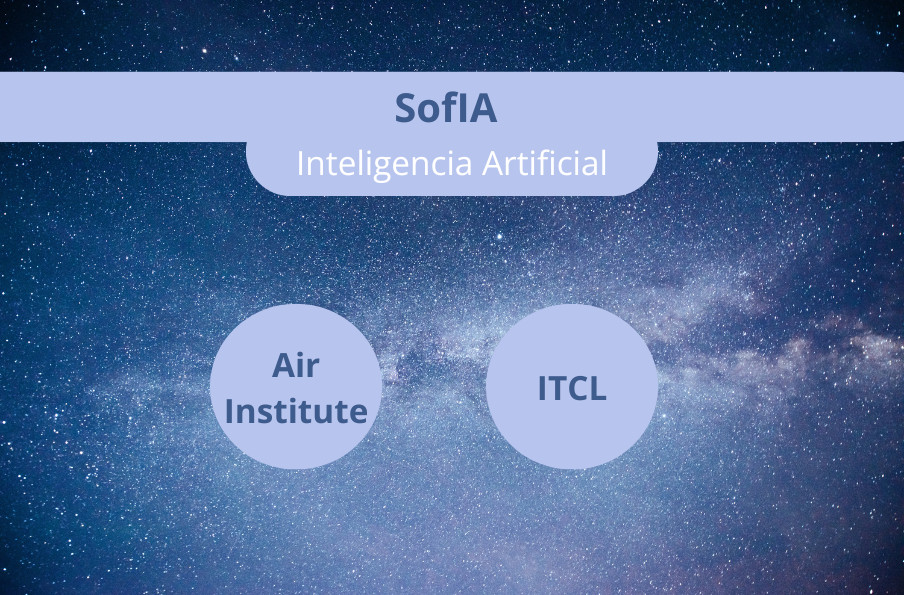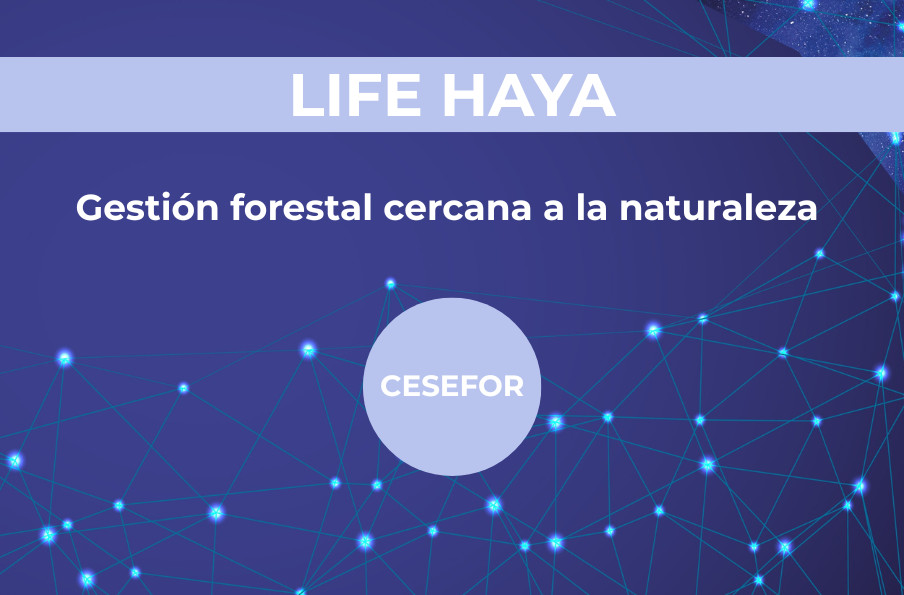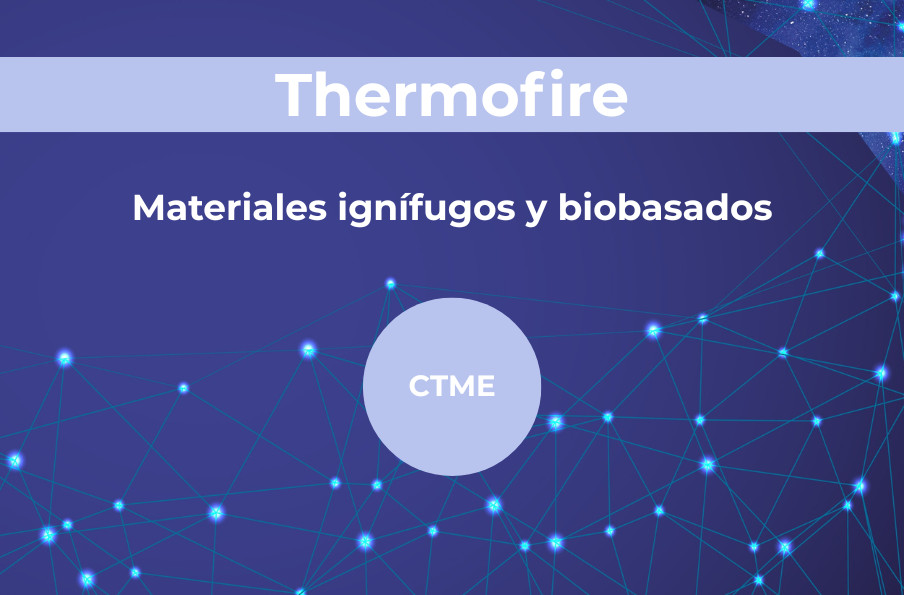Itagra promotes Phos4Cycle, an innovative project that optimizes the use of phosphates in agricultural and livestock activities to protect soil and water.
The Phos4Cycle Project leads an Interreg Sudoe project, with an innovative focus on sustainable phosphate management in agriculture and livestock farming, which promotes responsible practices for soil protection and water conservation throughout Europe.
This sustainable monitoring initiative in agro-livestock activities, driven by international partners, implements advanced technology for phosphate monitoring and creates an action plan to reduce pollution, improve resource efficiency and ensure long-term environmental balance.
Discover how Phos4Cycle is revolutionizing land and water use in the agro-livestock sector.
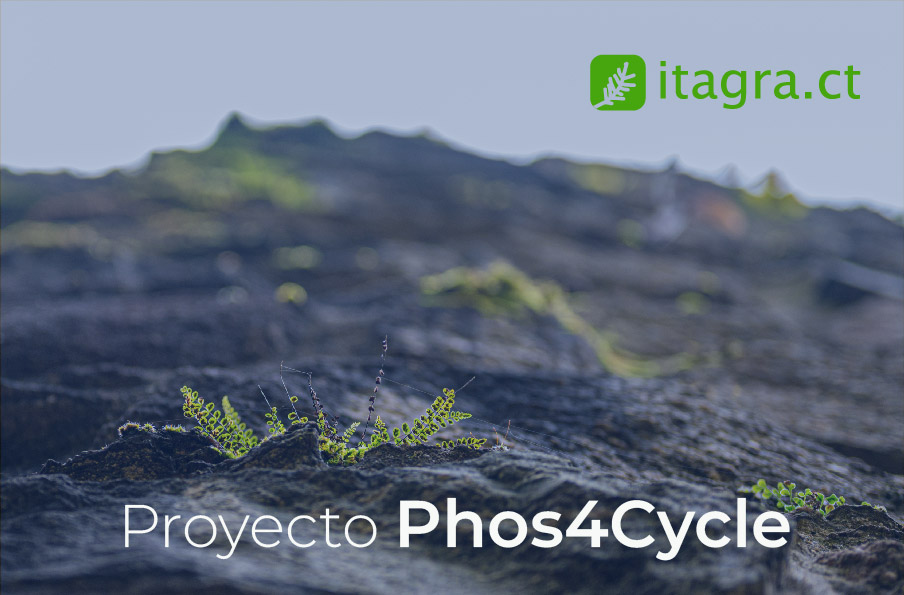
The challenge of sustainable phosphate management
The Phos4Cycle project seeks to address a growing challenge in modern agriculture: the accumulation of phosphates and their effects on soil and water, and aims to implement sustainable monitoring in agro-livestock activities. Phosphates, although essential for plant growth, in excess can contaminate aquatic ecosystems and affect soil quality. This initiative of the Itagra center, as coordinators of the project, has a European focus, aims at monitoring phosphates in agro-livestock activities, promoting a balanced and respectful use of these resources.
Objective: to ensure healthy soil and water
Phos4Cycle focuses on creating practical strategies and an action plan focused on preventing phosphate pollution. Through collaboration with farmers and ranchers, the project will develop management guidelines in six different farming systems, aiming to prevent water eutrophication and protect soils. This joint effort will enable the implementation of monitoring solutions for phosphate use, ensuring that its application in the field is safe and sustainable.
Technology at the service of agriculture
The project uses advanced technologies to monitor phosphate flux and develop predictive models. This innovation allows assessing the risk of contamination in real time, providing farmers with accurate information to make informed decisions. In addition, Phos4Cycle will train relevant personnel in the use of these tools, facilitating their adoption in the sector and promoting responsible agricultural practices.
A commitment to the environment
Phos4Cycle is not only a monitoring project; it is a commitment to a sustainable agricultural future. By working to protect our natural resources, the project promotes practices that ensure the conservation and recovery of soil and water, avoiding the negative impact of phosphates on the environment. This environmental commitment is a firm step towards a greener and more sustainable Europe.
Itagra’s role in Phos4Cycle
Itagra, as project coordinators, stands out as one of the key players in Phos4Cycle, contributing its expertise in agricultural research and applied technology. Their involvement ensures that the knowledge generated by the project is integrated into local practices, creating a lasting impact on phosphate management. Thanks to Itagra and its partners, Phos4Cycle is moving towards a more conscious and planet-friendly agriculture.
Partners committed to sustainable agriculture
The Phos4Cycle project has a network of strategic partners from several European countries, each contributing their expertise and resources to achieve a positive impact on phosphate management. These include AQUACORP, CALCOB, FEDEHESA, ITAVI, the Portuguese Directorate General of Agriculture and Rural Development (DGADR), theInstitute of Applied Research of Coimbra, Itagra, the Government of La Rioja, and ADERA, among others. This international collaboration guarantees a broad vision and an exchange of best practices that benefits not only the participating countries, but also the entire European agricultural and environmental community.

The Interreg Sudoe program supports the development of southwestern European regions by financing transnational projects through the European Regional Development Fund (ERDF).



